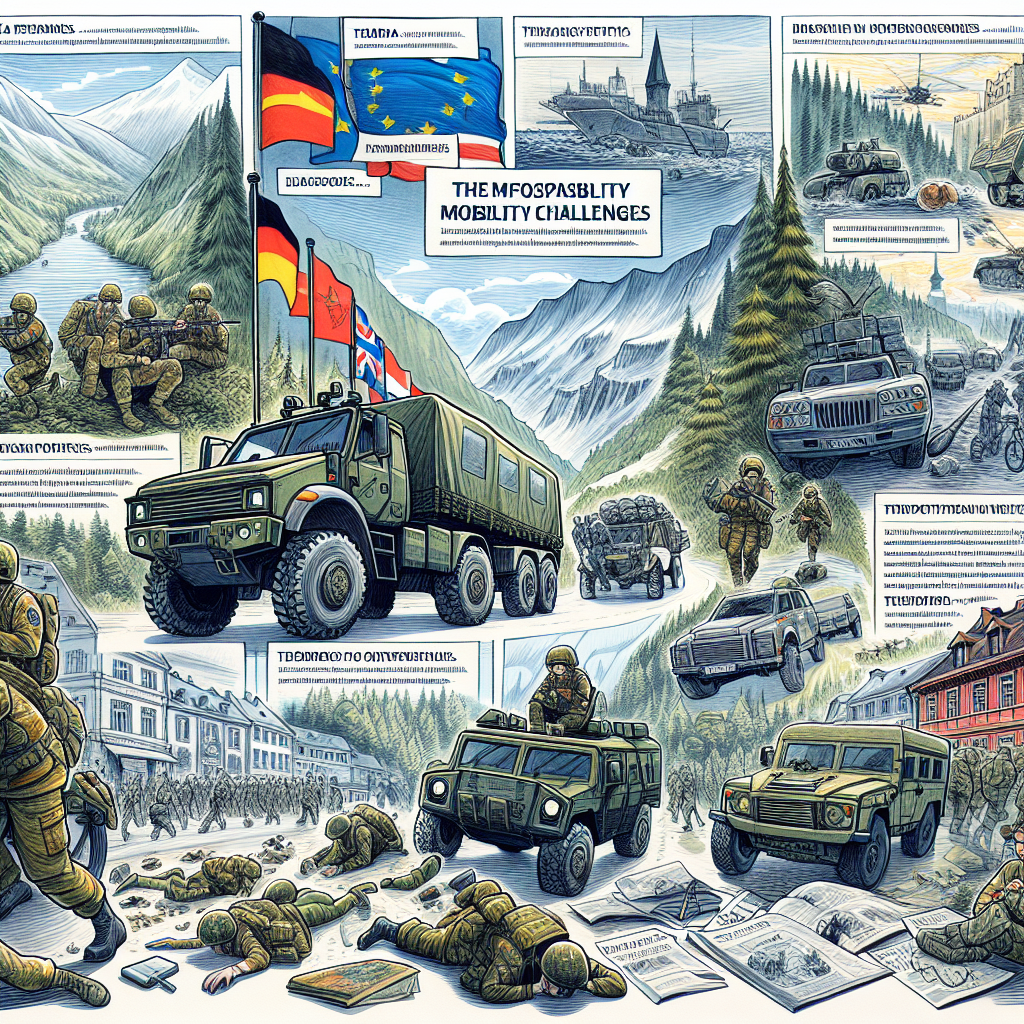Report Highlights NATO Troops’ Mobility Challenges Across EU
Report Highlights NATO Troops’ Mobility Challenges Across EU
Introduction
A recent report has shed light on the significant mobility challenges faced by NATO troops within the European Union. These challenges are critical as they impact the alliance’s ability to respond swiftly to potential threats.
Key Mobility Challenges
- Infrastructure Limitations: Many EU countries have outdated infrastructure, hindering the rapid movement of military equipment and personnel.
- Bureaucratic Hurdles: Complex regulations and border controls slow down troop movements across EU member states.
- Lack of Coordination: Discrepancies in military standards and procedures among NATO members lead to inefficiencies.
Strategic Implications
The report emphasizes that these mobility issues could undermine NATO’s strategic readiness and deterrence capabilities. The ability to deploy forces quickly is crucial for maintaining security and stability in the region.
Recommendations
- Invest in modernizing infrastructure to support military logistics.
- Simplify and harmonize cross-border regulations for military movements.
- Enhance coordination and standardization among NATO allies.
Conclusion
In summary, addressing these mobility challenges is vital for NATO to maintain its operational effectiveness. By improving infrastructure, streamlining regulations, and fostering better coordination, NATO can enhance its readiness and response capabilities across the EU.

































